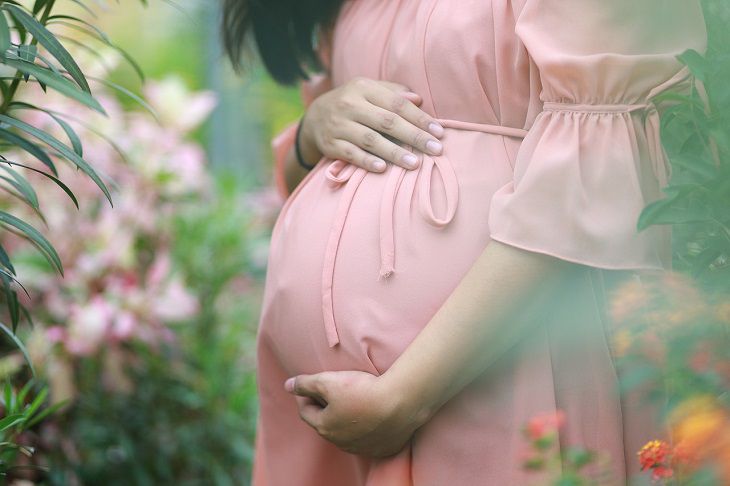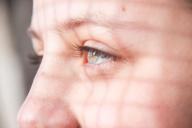A recent experiment demonstrated that the brain circuitry of children can be influenced by pregnant women's encounters with discrimination and acculturation.
It's important to note that these effects are distinct from those resulting from general stress or depression.
Let's see how scientists have discovered it.
How it was discovered
Previous tests demonstrate that high levels of stress and depression during pregnancy can have significant effects on kids.
However, it wasn't clear how discrimination and acculturation experienced by parents could affect their children.

The experiment involved 165 pregnant women who completed questionnaires about discrimination, acculturation, and distress.
Magnetic resonance imaging was performed on 38 babies after birth to evaluate their brain connectivity.
Test results
The study revealed that babies whose parents experienced discrimination during pregnancy showed differences in the connectivity between the amygdala (related to emotions) and the prefrontal cortex (involved in higher-level functions).
This suggests that discrimination and acculturation have distinct impacts on the brain and should be studied more.
Future research should aim to understand the biological mechanisms behind these effects and determine if they affect other groups in similar manners.









